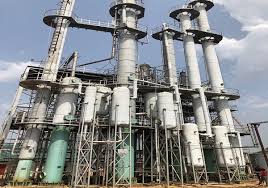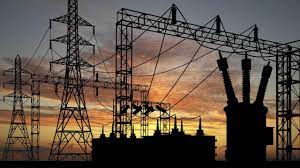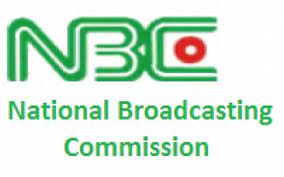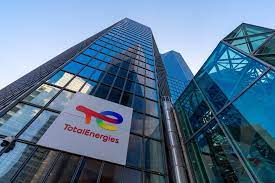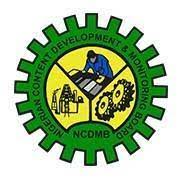Airtel Africa Profit Down By $5m Amid Increase In Capital Expenditure
Airtel Africa’s profit slumped by $5 million to $750 million as capital spending rose 14 per cent year on year in 2022/2023 earnings results, the company’s chief executive has revealed. The CEO, made the disclosure at the analysts’ conference that the telecom’s key performance indicators show that the company grew its total customer base by 9.0 per cent to 140.0 million. The growth was supported by Airtel Africa’s penetration of mobile data and mobile money services continued to rise, driving a 16.9 per cent increase in data customers to 54.6 million and a 20.4 per cent increase in mobile money customers to 31.5 million. Constant currency ARPU growth of 7.4 per cent was largely driven by increased usage across voice, data, and mobile money. The company said mobile money transaction value increased by 41.3 per cent, with Q4’23 annualised transaction value exceeding $102bn in constant currency. Revenue in constant currency grew by 17.6 per cent, with revenues growing by 11.5 per cent to $5,255million in reported currency, management told analysts conference. While each segment’s reported currency revenue growth was impacted by currency devaluation, they all delivered double-digit constant currency revenue growth. Across the Group mobile service revenue grew by 16.2% in constant currency, driven by voice revenue growth of 11.8% and data revenue growth of 23.8%. Mobile money revenue grew by 29.6% in constant currency. Underlying EBITDA increased by 17.3% in constant currency, and 11.4% in reported currency to $2,575m, with an underlying EBITDA margin of 49.0%, reflecting the resilience of our operating model despite inflationary cost pressures. Profit after tax was $750m, a decrease of only $5m, after including a higher foreign exchange and derivative losses of $245m. EPS before exceptional items was 13.6 cents, a reduction of 15.0%, largely due to higher foreign exchange and derivative losses of $245m. EPS before exceptional items and excluding foreign exchange and derivative losses was 20.6 cents, up by 13.4%. Capital allocation Capex increased by 14.0% to $748m, in line with our guidance, as we continue to invest for future growth. Additionally, we acquired spectrum in Nigeria, the DRC, Tanzania, Zambia and Kenya during the year. Speaking with analysts conference, Olusegun Ogunsanya, chief executive officer, on the trading update said “Over the last year, the operating environment has been challenging in many ways, yet our strategic focus on providing reliable, affordable and accessible services across our markets has enabled us to sustain our top-line growth momentum. “The resilience of our underlying EBITDA margins has shown the effectiveness of our operating model, despite significant inflationary and foreign exchange pressures”. “Strong customer and ARPU growth over the year demonstrates that demand for our services remains very strong and gives us the confidence to continue investing to support our future growth potential. “Over the year, we invested $500m on additional spectrum, including 5G, across many of our OpCos which, combined with our capex, will underpin our growth ambitions”, Airtel’s chief said....





